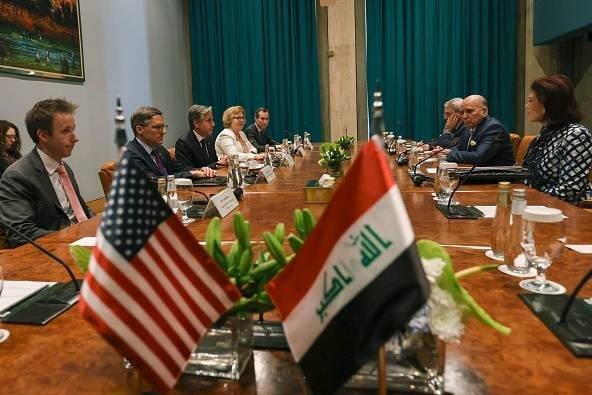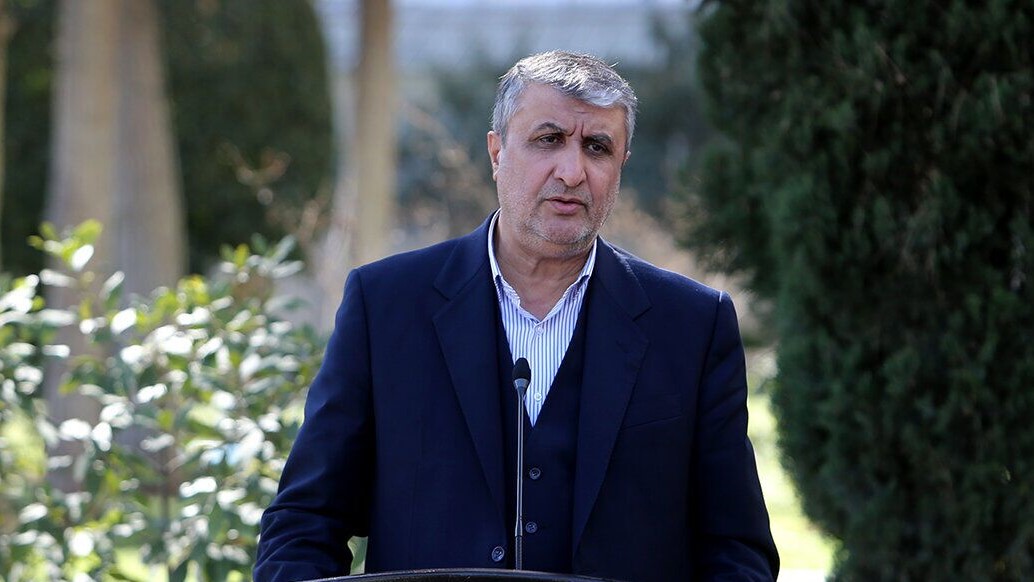NOVANEWS
Opposing group pops up on the social network, along with protests against females who pose without hijabs
BY SPENCER HO

When it was launched on May 3, the My Stealthy Freedom Facebook group quickly became a popular forum for Iranian women to express their dissatisfaction with laws requiring that they cover their hair by posting pictures of themselves without the traditional hijab covering. As of Monday it has garnered almost 370,000 likes.
However, with the popularity has also come backlash from those in favor of the hijab. On the Facebook group Real Freedom of Iranian Women, founded shortly after My Stealthy Freedom appeared, many messages were posted in favor of the head-covering law, asserting that the hijab offers freedom and protects women’s modesty.
Some posts were not as innocent. In one, somebody scrawled the word “rape” over the photos of three Iranian journalists who appear in their broadcasts with their hair uncovered, according to the British newspaper Telegraph. Along with the picture was a message warning that women who don’t wear a hijab are more likely to be sexually assaulted.
In addition, Tehran hardliners held two rallies demanding that the government crack down on enforcement of the laws.
In another Facebook group, called Men’s Stealthy Freedoms, Iranian men have taken a comedic approach in responding to their female counterparts by posting pictures of themselves wearing hijabs.
Iranian journalist Masih Alinejad, the administrator of My Stealthy Freedom and a journalist in the UK, started the movement when she posted a picture of herself driving without a headscarf on May 2, news website Vocativ reported. Alinejad is an outspoken critic of the Iranian regime, but according to the page’s description, the initiative is not connected to any political group.
Women use the group as a forum to post pictures of themselves in locations across Iran, at beaches, campsites, and mountainsides, with many letting their scarves fly in the winds or draping them across their shoulders. Many also post messages along with their photos.
“Feels like they had already built a box before we were even born, to imprison us within since we were born; and limit us within their own wishes and rules, their own Shoulds and Should Nots! A box full of fear of their presence, and a box which is now empty of us all! Today, thousands of women are coming out of these boxes and try to breathe, even if it is just for a moment! With the hope of their freedom,” wrote one woman, who included a picture of herself walking across a bridge over a river in Javaher-Deh, northern Iran.
Women in Iran can face up to 70 lashes for being seen in public in insufficiently modest clothing. They can also be sent to prison for two months.
Though the punishments are less enforced now than in the decades after the Islamic Revolution, modesty police often crack down before the summer months. Cafes and barbershops deemed immoral are also shut down.
Recently, the topic has come to the forefront as hardliners have sought a public flogging for Iranian actress Leila Hatami, who was pictured at the Cannes Film Festival kissing a male director on the cheek.
In another incident, a group of Iranian women were arrested and forced to apologize to the state after they appeared in a YouTube video singing and dancing with their hair uncovered to the song “Happy” by Pharrell Williams.





